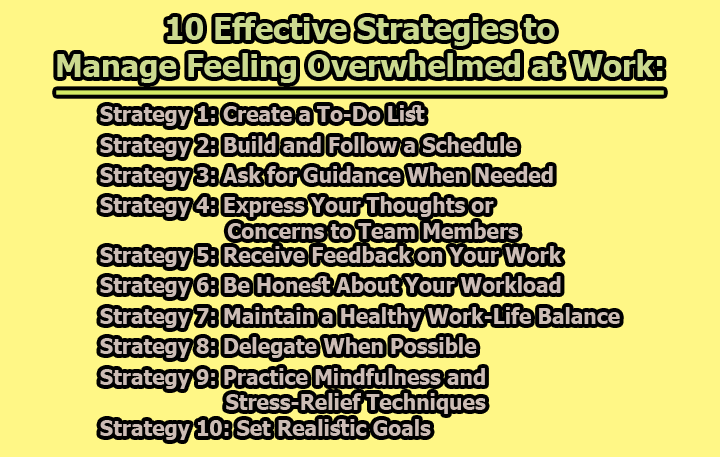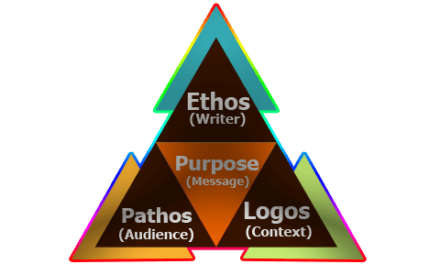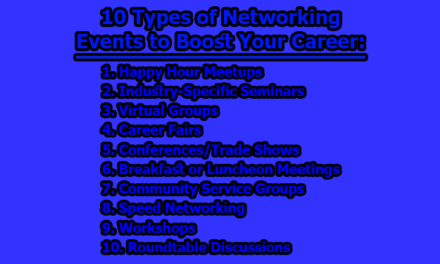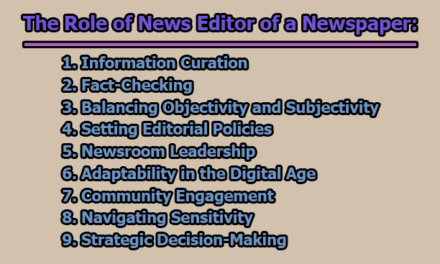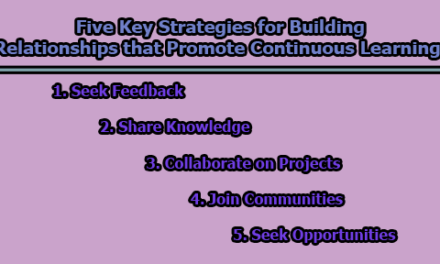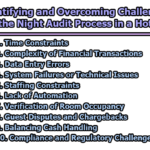10 Effective Strategies to Manage Feeling Overwhelmed at Work:
In today’s fast-paced and demanding work environments, it is common for professionals to experience feelings of being overwhelmed. The constant pressure to meet deadlines, handle multiple tasks, and juggle various responsibilities can take a toll on one’s well-being and productivity. However, feeling overwhelmed does not have to be a perpetual state. By implementing specific strategies and making conscious efforts, individuals can navigate these challenges and regain a sense of control and balance. In this article, we will explore ten effective strategies to manage feeling overwhelmed at work, empowering you to enhance your efficiency, reduce stress, and achieve success.
Strategy 1: Create a To-Do List
When you’re feeling overwhelmed at work, the first step is to create a to-do list. Write down all the tasks and projects that need your attention. Prioritize them based on urgency and importance. Consider using tools like task management apps or traditional pen-and-paper methods to organize your list.
Break down larger projects into smaller, manageable tasks. This not only makes them less daunting but also helps you track your progress more effectively. As you complete each task, check it off your list. This simple act of crossing items off can be incredibly satisfying and motivating.
Strategy 2: Build and Follow a Schedule
Time management is crucial when you’re feeling overwhelmed. Build a well-structured schedule that allocates specific time slots for each task. Be realistic about how long each task will take and try to stick to the schedule as closely as possible.
Use calendar tools or planner apps to set reminders for important deadlines and meetings. Avoid multitasking as it can lead to decreased productivity and increased stress. By focusing on one task at a time, you can maintain better focus and produce higher-quality work.
Strategy 3: Ask for Guidance When Needed
It’s okay to ask for help when you’re feeling overwhelmed. Reach out to colleagues, supervisors, or mentors for guidance and support. Explain the challenges you’re facing and be open to their suggestions.
Collaborating with others not only helps you find solutions but also fosters a sense of camaraderie within the team. It shows that you’re willing to learn and grow, which can lead to stronger professional relationships.
Strategy 4: Express Your Thoughts or Concerns to Team Members
Communication is key to overcoming overwhelm. Share your thoughts and concerns with team members in a constructive manner. Discussing workload distribution and potential bottlenecks can lead to more efficient project management.
Having an open and supportive work environment encourages team members to support each other during difficult times. It also promotes a culture of transparency and understanding.
Strategy 5: Receive Feedback on Your Work
Feedback is invaluable for personal and professional development. Seek feedback from colleagues or supervisors on your work. Embrace both positive and constructive criticism with an open mind.
Constructive feedback helps you identify areas for improvement, and positive feedback reinforces your strengths and accomplishments. Use this information to refine your approach and grow as a professional.
Strategy 6: Be Honest About Your Workload
Many people hesitate to admit when they’re overwhelmed because they fear it may reflect poorly on their abilities. However, being honest about your workload is crucial for maintaining your well-being and delivering quality work.
If you’re consistently swamped with tasks, communicate with your supervisor or manager. Explain your concerns and discuss potential solutions, such as delegating tasks or adjusting deadlines. Addressing the issue proactively can prevent burnout and boost overall productivity.
Strategy 7: Maintain a Healthy Work-Life Balance
A healthy work-life balance is essential for managing overwhelm and preventing burnout. Make time for activities outside of work that bring you joy and relaxation. Engage in hobbies, exercise, spend time with loved ones, or simply take some quiet time for yourself.
Avoid overcommitting to work-related tasks during your personal time. Set boundaries and communicate them clearly with your colleagues. Strive to achieve a harmonious balance between your professional and personal life to maintain overall well-being.
Strategy 8: Delegate When Possible
Recognize that you cannot do everything on your own. Delegate tasks to team members who have the expertise and capacity to handle them. Effective delegation not only reduces your workload but also empowers your colleagues by entrusting them with responsibilities.
Ensure clear communication when delegating tasks, outlining expectations, deadlines, and any necessary resources. By sharing the workload, you free up time and mental space to focus on tasks that require your unique skill set.
Strategy 9: Practice Mindfulness and Stress-Relief Techniques
Stress is a significant contributor to feeling overwhelmed. Incorporate mindfulness and stress-relief techniques into your daily routine. Techniques such as meditation, deep breathing exercises, or yoga can help you stay present, manage stress, and enhance overall well-being.
Set aside a few minutes each day for these practices. Consider creating a calming workspace with plants, soothing music, or personal items that bring you comfort. Taking regular breaks to engage in these activities will help you maintain a clear and focused mind.
Strategy 10: Set Realistic Goals
When you’re feeling overwhelmed, take a step back and assess your goals. Ensure that they are achievable and realistic within the given timeframes. Break down long-term objectives into smaller, manageable milestones that you can work towards gradually.
Celebrating your achievements, no matter how small can be incredibly motivating. Recognize your progress and the effort you put into your work. This positive reinforcement will help you maintain a positive outlook and reduce feelings of being stuck or overwhelmed.
In conclusion, feeling overwhelmed at work is a common challenge, but it can be effectively managed through a combination of strategies. Creating a to-do list, building and following a schedule, seeking guidance, and expressing concerns to team members are essential steps. Receiving feedback, being honest about your workload, and delegating tasks are also vital for maintaining a healthy work-life balance. Additionally, practicing mindfulness, stress-relief techniques, and setting realistic goals will help you tackle challenges with confidence and regain control of your professional life. By implementing these strategies, you can reduce stress, enhance productivity, and create a more fulfilling and balanced work experience.
Frequently Asked Questions [FAQs]:
What can I do when I feel overwhelmed at work?
Feeling overwhelmed at work is a common experience, but there are several effective strategies to manage it. Start by creating a to-do list and prioritizing tasks based on urgency and importance. Build and follow a schedule to manage your time efficiently. Don’t hesitate to seek guidance and support from colleagues or mentors. Express your thoughts and concerns to team members to foster an open and supportive work environment. Additionally, be open to receiving feedback on your work, be honest about your workload, and practice mindfulness and stress-relief techniques.
How can I create a to-do list that works for me?
Creating a to-do list that works for you involves understanding your priorities and breaking down tasks into manageable chunks. Write down all the tasks and projects that need your attention, and then prioritize them based on deadlines and importance. Consider using task management apps or traditional pen-and-paper methods to organize your list. Make sure to review and update your to-do list regularly as priorities and deadlines may change.
How can I maintain a healthy work-life balance to avoid feeling overwhelmed?
Maintaining a healthy work-life balance is crucial for preventing overwhelm. Set boundaries between work and personal life, and avoid over-committing to work-related tasks during your personal time. Make time for activities outside of work that bring you joy and relaxation. Engage in hobbies, exercise, spend time with loved ones, or simply take some quiet time for yourself. Prioritize self-care and ensure you have sufficient time for rest and rejuvenation.
What should I do when I have too much on my plate and can’t handle the workload?
If you find yourself overwhelmed with a heavy workload, it’s essential to communicate with your supervisor or manager honestly. Discuss your concerns and explore potential solutions together, such as delegating tasks or adjusting deadlines. Avoid taking on more responsibilities than you can handle and be transparent about your capacity to avoid burnout.
How can I manage stress at work effectively?
Managing stress at work involves incorporating stress-relief techniques into your daily routine. Practice mindfulness, meditation, deep breathing exercises, or yoga to stay present and manage stress effectively. Taking regular breaks, maintaining a healthy work-life balance, and engaging in activities that bring you joy can also help alleviate stress.
Is it okay to ask for help when I’m feeling overwhelmed?
Absolutely! Asking for help is a sign of strength, not weakness. Don’t hesitate to seek guidance and support from colleagues, supervisors, or mentors when you’re feeling overwhelmed. Collaborating with others can lead to fresh perspectives and potential solutions to your challenges.
How can I improve my productivity when I’m overwhelmed?
Improving productivity when overwhelmed involves effective time management and focus. Create a to-do list, prioritize tasks, and build a schedule to manage your time efficiently. Avoid multitasking and focus on one task at a time. Consider using productivity tools or techniques to streamline your workflow. Additionally, don’t forget to take short breaks to refresh your mind and maintain focus.
How can I handle overwhelming projects or long-term goals?
For overwhelming projects or long-term goals, break them down into smaller, achievable milestones. Set realistic goals and celebrate your achievements along the way. Seek feedback from colleagues or supervisors to refine your approach and make improvements. Delegating tasks and collaborating with others can also ease the burden and enhance the overall effectiveness of your project.
What are the benefits of practicing mindfulness and stress-relief techniques at work?
Practicing mindfulness and stress-relief techniques at work can have numerous benefits. These practices can help reduce stress levels, improve focus and concentration, enhance problem-solving abilities, and promote a sense of calm and balance. Regularly engaging in these techniques can also contribute to improved overall well-being and job satisfaction.
How can I prevent feeling overwhelmed in the future?
Preventing overwhelm in the future involves maintaining a proactive approach to managing your workload and well-being. Continuously evaluate your priorities, set realistic goals, and communicate with your team about your capacity and concerns. Maintain a healthy work-life balance and practice stress-relief techniques regularly. Learn from past experiences, and be open to making adjustments to your work habits to create a more sustainable and fulfilling work environment.

Former Student at Rajshahi University

